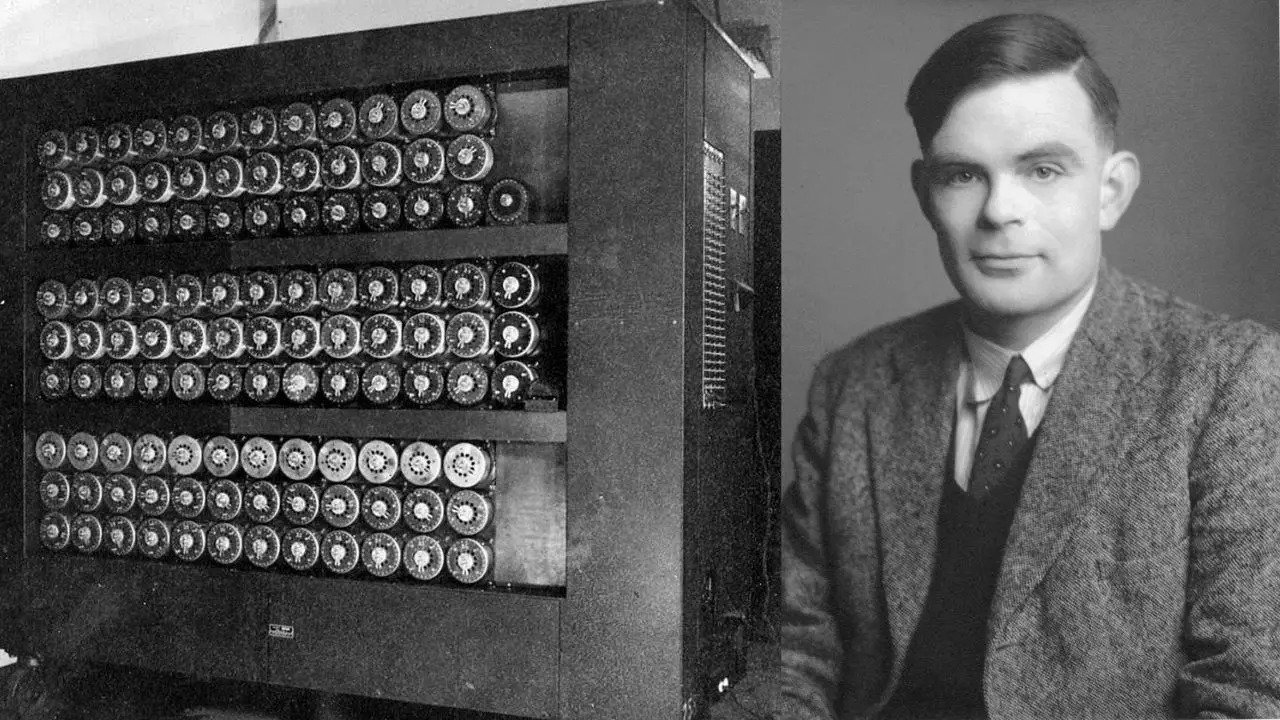If you like reading about philosophy, here’s a free, weekly newsletter with articles just like this one: Send it to me!
What are minds made of?
The Philosophy of Mind is the area of philosophy that asks what human minds are made of and how they work. We all agree that we have a mind. We can think, we can feel, we can take decisions, we can relate to others, we can do physics and play chess. But what, exactly, is that elusive mind?
Animal minds
The human mind is unique and we know of no other comparable phenomenon in the universe. The question of what exactly the mind is and how it works has troubled philosophers for as long as philosophy exists. One problem arises when we think of things that have “less mind” than we do. A dog, for example, a cat, a pig. Or: a pigeon, a sparrow. A palm tree. A Christmas tree.
Some of these clearly do have mental processes very similar to ours, but they are much more limited. Still, we do say that they have a mind. But where does this end, and why? Does a bird have a mind? Birds can navigate, they can hunt for food, they can build complex nests out of materials they collect and arrange themselves. Do they not deserve to be thought of as intelligent in some way, of having a kind of mind? And what about insects? Individual ants or bees don’t seem to do much mental processing, but in a group they use rudimentary forms of language to communicate, and they have surprisingly strong opinions about what they want and how to achieve it. Ants will help each other, even sacrifice themselves to let others reach a food source or to defend their nests. Bees will describe the location of food in terms of distance and angles to the sun, much like a seaman would do in the days before GPS. And what about mold? Yes, mold. Some slime molds, e.g. Physarum polycephalum, can find the best way between two points on a substrate, find its way out of a maze, and make intelligent menu choices (the latter being something that even most humans fail at).
Does the mold, then, have a mind?
So the one question is where the mind ends and mindless life begins. Is there even such a point? Is there any life that is entirely devoid of mind?
Your ad-blocker ate the form? Just click here to subscribe!
Do we have souls?
In a Christian framework, we would probably identify the mind with the immortal soul of man. The soul is specific to humans and this justifies, for a Christian, the sharp distinction between humans and everything that is not human and, therefore, …
Read the full article which is published on Daily Philosophy (external link)






